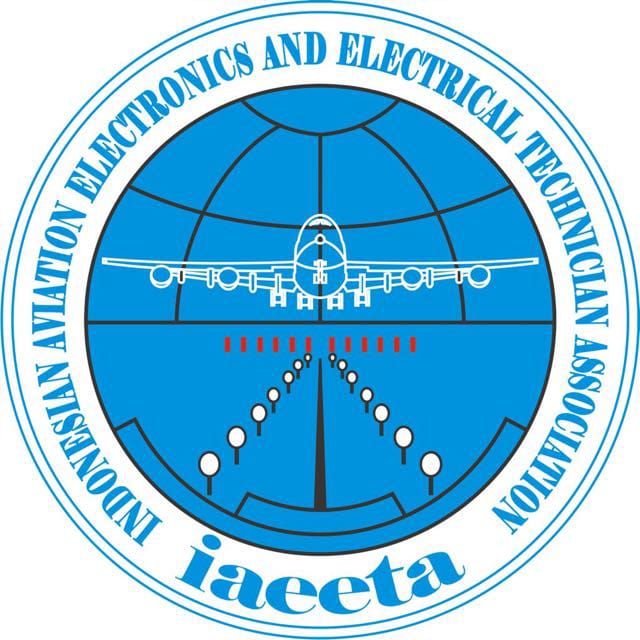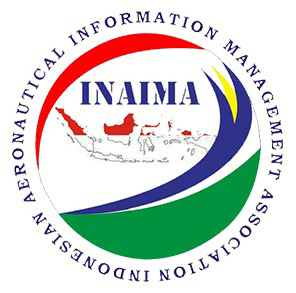Motivasi, Pencapaian Tujuan, Kecemasan, dan Efikasi Diri Dalam Belajar Advance English Terhadap Hasil Belajar Bahasa Inggris (TOEIC Score) Di Politeknik Penerbangan Surabaya
Abstract
This study focuses on exploring motivational reasons for learning English (eg, due to interest/pleasure, pressure from others, or future career goals). To find motivational reasons for learning English, I used the theory of determination (SDT) by Deci and Ryan (1985) as my theoretical framework. Based on the TOEIC score, the results of the cluster analysis showed four different groups, namely the following classifications: intermediate with a toeic score of 405-600, basic working proficiency with a toeic score of 605-780, advanced working abilities with a toeic score with a toeic score of 785-900, general professional proficiency with a toeic score of 905-990. Reasons for motivation to learn English, their goals (i.e., mastery approach goals, mastery-avoidance goals, performance approach goals, and performance avoidance goals), specific foreign language anxiety (i.e., listening, listening, and speaking), and foreign language in general Self Efficacy. Two sets of MANOVA, with follow-up comparison-ANOVA, were used to explain the motivations of different groups regarding foreign language goals and objectives. One ANOVA was used to determine differences in general foreign language self-efficacy. The results showed significant influence and differences between cadets in the four groups based on TOEIC scores on learning motivation, their goals, foreign languages, and foreign languages in general.
Downloads
References
Cheng, Y., Horowitz, E. K., & Schallert, D. L. (1999). Language anxiety: differentiating writing and speaking components. Language Learning, 49(3), 417-446.
Chow, B. W.-Y., Chiu, H. T., & Wong, S. W. L. (2018). Anxiety in Reading and Listening English as a Foreign Language in Chinese Undergraduate Students. Language Teaching Research, 22(6), 719-738.
Deci, E. L., & Ryan, R. M. (1985). Intrinsic motivation and self-determination in human behavior. Plenum.
Deci, E. L., & Ryan, R. M. (2000). They “What” and “Why” of Goal Pursuits: Human Needs and the Self-Determination of Behavior. Psychological Inquiry, 11(4), 227. https://doi.org/10.1207/S15327965PLI1104_01
Educational Testing Service. (2019). Report on Test Takers Worldwide TOEIC Listening & Reading. United States.
Elliot, A. J. & Murayama, K (2008). On the measurement of achievement goals: Critique, illustration, and application. Journal of Educational Psychology, 100(3), 613–628.
Horwitz, E. K., Horwitz, M. B. & Cope, J. (1986). Foreign language classroom anxiety. The Modern Language Journal, 70, 125-132.
Jing, H., & Junying, Z. (2016). A study on anxiety in Chinese EFL university students. English Language Teaching, 9(9), 179-184.
Liem, G. A. D. & Elliot, A. J. (2018). Sociocultural influences on achievement goal adoption and regulation: A Goal Complex Perspective. In G. A. D. Liem and D. M. McInerney (Eds.) Big Theories Revisited 2 (pp. 41-67). Information Age Publishing, Inc.
Linnenbrink, E. A., & Pintrich, P. R. (2003). The role of self-efficacy beliefs in student engagement and learning in the classroom. Reading and Writing Quarterly, 19, 119-137.
Liu, M. (2006). Anxiety in Chinese EFL students at different proficiency levels. System, 34(3), 301-316. http://doi.org/10.1016/j.system.2006.04.004
Rochmawati, L., Fatmawati., & Sukma, M., M. (2022). Metacognitive Reading Strategies of
English Lesson at Indonesian Civil Aviation Polytechnic. International Journal of Instruction, 15(1), 583-600.
https://doi.org/10.29333/iji.2022.15133a
Taguchi, T., Magid, M., & Papi, M. (2009). The L2 motivational self system among Japanese, Chinese, and Iranian learners of English: A comparative study. In Z. Dörnyei & E. Ushioda (Eds.), Motivation, language identity and the L2 self (pp.66-97). Multilingual Matters.
Torres, K. M., & Turner, J. E. (2016). Students’ foreign language anxiety and self-efficacy beliefs across different levels of university foreign language coursework. Journal of Spanish Language Teaching, 3, 57-73, http://doi.org/10.1080/23247797.2016.1163101
Wang, C., Hu, J., Zhang, G., Chang, Y., & Xu, Y. (2012). Chinese college students’ self regulated learning strategies and self-efficacy beliefs in learning English as a foreign language. Journal of Research in Education, 22(2), 103-135.
Wu, X., Lowyck, J., Sercu, L., & Elen, J. (2012). Self-efficacy, task complexity and task performance: Exploring interactions in two versions of vocabulary learning tasks. Learning Environments Research, 15(1), 17-35. http://doi.org/10.1007/s10984012-9098-2
Copyright (c) 2024 Meita Maharani Sukma, Fatmawati, Laila Rochmawati, Julfansyah Margolang

This work is licensed under a Creative Commons Attribution-NonCommercial-NoDerivatives 4.0 International License.



.png)


1.png)
.png)












